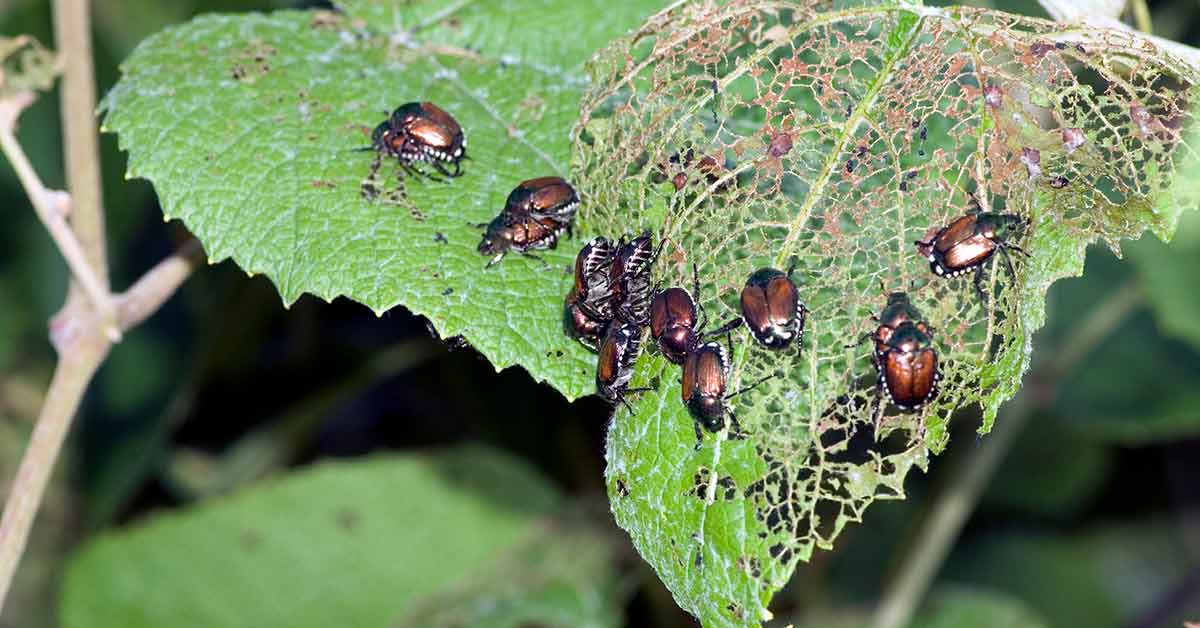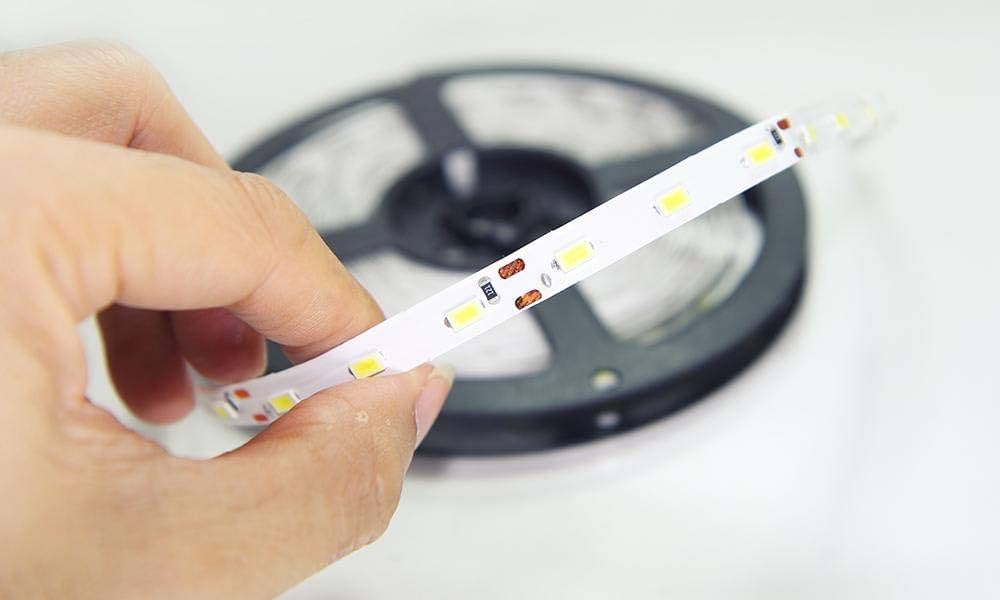How Do Crop Pests Work?

How the pests act on the crop varies greatly depending on the type of agent and the plant species. Thus, each crop according to guardian pest control will have specific pests that attack one or more types of crops. For example, fungi, such as Puccinia psidii in the cultivation of jabuticaba, usually attack leaves, stems, and roots, causing stains and even rot.
On the other hand, insects can generate direct damage (feeding on the fruit to be harvested) or indirect damage (devouring parts of the plant that prevent or hinder its development). This is the coffee borer (Hypothenemus hampei) case, which pierces the grain and reduces its weight, decreasing the commercial value of the product.
Coffee Fruit With The Drill
The coffee borer attacks the fruit at any degree of ripeness, causing a reduction in the weight of the harvest and even rotting of the beans. To defend yourself against these enemies, you need to know how they act. So, we are going to present the main pests that exist today.
How To Prevent This Problem Of Pests?
As we have seen at https://www.guardianhome.com/pest-control/ , the proliferation of the pathogen in the crop often happens due to the region’s lack of an ecological balance. Thus, sustainable techniques try to reproduce these conditions that are more favorable to plants and unfavorable to the causative agent. Some examples are:
- Choosing the right time for sowing and harvesting: in some cases, anticipating or delaying operations can help the farmer to avoid seasons with a higher incidence of pests;
- Plowing and harrowing the soil: these are operations that can destroy the habitat of harmful insects that are on the ground;
- Crop rotation: when the host crop of the pest is removed, and a new agricultural variety is planted, the farmer can cut the pest’s permanence in the field;
- Weed elimination: these plants serve as alternative hosts and become a refuge for many pests between crops. Therefore, they need to be eliminated.
What Are The Best Treatments?
When the pests have already settled in the field, it is necessary to seek specific treatments to end the infestations. To have good results, it is of great importance:
- Know the characteristics of the pest
- Use appropriate techniques and products
- Start the measures before reaching any economic damage.








